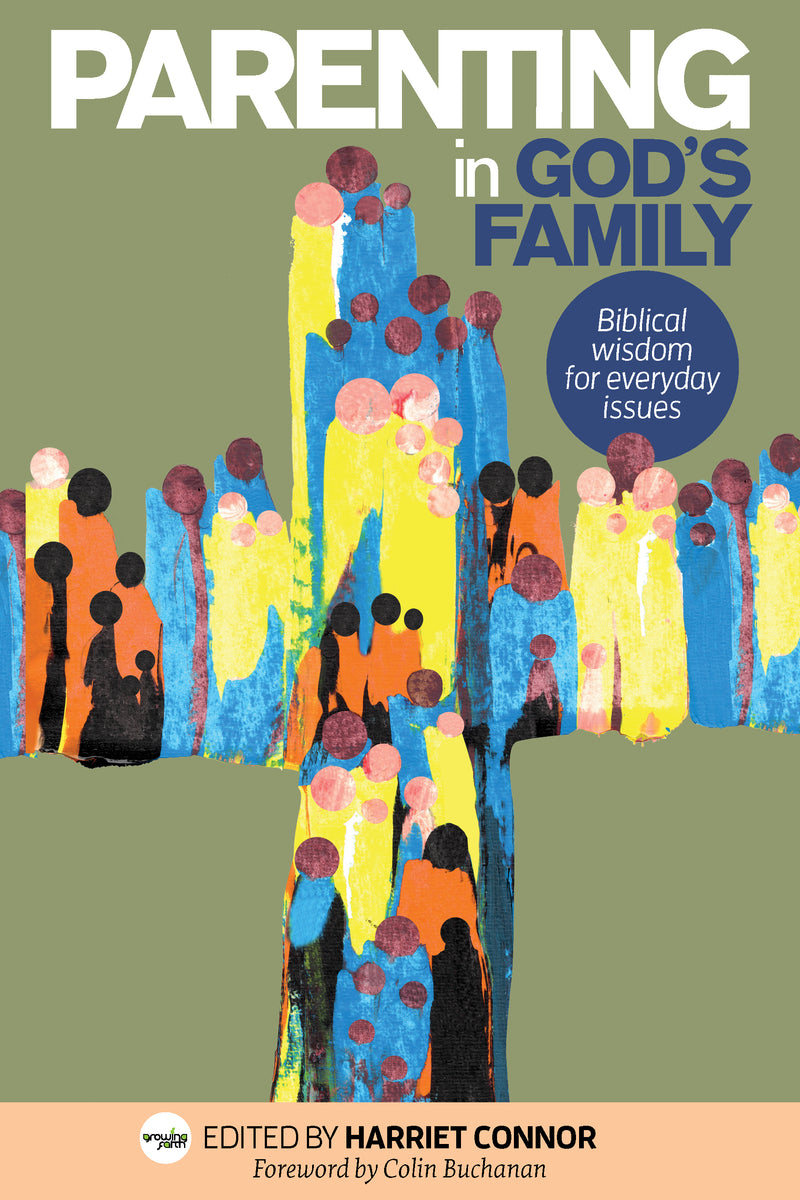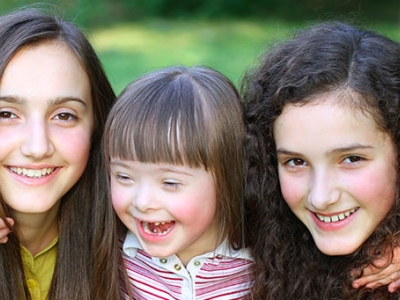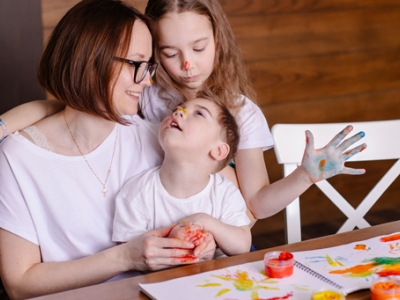
Supporting families with neurodivergent members
Kate Morris considers the cost of neglect and the benefits of effective support.
We recently added snow pea seeds to our flourishing garden. As the snow pea vines grew, we knew they’d need support, and we intended to build a trellis, but life was busy. The snow peas struggled upwards, their slender tendrils stretching out, searching for support. Eventually, the effort of growing without support was too much and they flopped miserably to the ground. We’d treated them like the other vegetables: radishes and spinach don’t need a trellis, but we had neglected these plants with their different needs.
Many families with neurodivergent members could be compared to the snow peas: they have something unique to offer, but they may need different kinds of support, without which they might suffer. I write resources for families like this (free, at anextraordinarynormal.substack.com). My family has neurodivergent members, so I know first-hand the importance of adapted support. For my work, I interview Christian families with neurodivergent members and in doing so, I’ve noticed a recurring theme: these families often need support, perhaps they need the kind of support that others don’t, and yet they often do not receive it.
The weight of feeling unsupported
The absence of appropriate support can leave families feeling isolated and unseen. Jess*, the mother of a son with global developmental delay and ADHD, shared,
‘I have never really been able to find a support group or parents in my church or community who understand … I just don’t think people really “get it” unless they have personal experience with parenting neurodivergent kids. I know I didn’t. It’s a whole lifestyle.’
For some, this lack of support becomes particularly palpable in times of crisis or change. Some families have needed to retreat from schools, social activities, even church, leaving them in situations where supports are even harder to find, yet even more essential. Leah*, the mother of an ADHDer and an AuDHDer (Autism plus ADHD), tells me of a particularly difficult time,
‘As our family unravelled into burnout and trauma, we felt so very alone. At each juncture, we lost more community … Our world got so small. It was terrifying and lonely.’
Families like Leah’s risk being left to spiral in isolation, as they struggle to bear the weight of life, unsupported in a time when their need for strong and loving support increases.
We need each other
We weren’t made to be self-sufficient. We are part of a body of believers, gifted to each other. In 1 Thessalonians 5, Paul exhorts us to ‘encourage one another and build each other up’ (verse 11) as together we remind each other that the day of the Lord is coming, and that our salvation is secured in Christ (verses 1–11). With this perspective, we work to ‘encourage the disheartened, help the weak, be patient with everyone’ (verses 14). We have the privilege of working together, anchored in our certain hope in Christ.
In 1 Corinthians 12, Paul reminds us that each member of God’s gathered people is different in their gifts, roles, strengths and weaknesses. Each part is valuable and has a role to play, verses 19–21 remind us:
‘If they were all one part, where would the body be? As it is, there are many parts, but one body. The eye cannot say to the hand, “I don’t need you!” And the head cannot say to the feet, “I don’t need you!”’.
We seek to serve and to be served by each other, cherishing every person as Jesus does. Our snow pea vines had different needs to the other vegetables, but they are the only ones that produce snow peas. We do not need to be like everyone else to be valuable; indeed, difference is integral to the function of the body as we serve one another.
Practical ways to support
Support can come from individuals, families and entire communities, like our churches. Effective support begins with knowing that each member of the body of Christ is valuable and may need different types of care.
This attitude to our differences leads to curiosity—and discovery—as we ask people about their experiences and struggles, while resisting the urge to fit them to our own preconceived ideas and assumptions. As we listen, let’s not attempt to quickly ‘fix’ the situation. This can feel like judgement and often misses the mark anyway. Rather, be prepared to sit with someone, just listening, being curious and accepting what they tell you about themselves or their children. Many struggles go deeper than what is visible from the outside, so as someone shares with you, believe them! Rebecca*, the mother of an autistic child, said it well to me:
‘Compassion and trying to understand go a long way. As does being believed—believed that we are trying our best.’
We need to keep open communication—asking more questions, sharing life, seeking to understand and respond well to the needs of individuals. This requires from us flexibility and being prepared to show adapted love, whether as a friend or as a whole church.
While no earthly church and no person (other than Jesus!) can meet all our needs perfectly, the core principle remains: we are a community that seeks to know, love and support one another.
When we witness or experience the pain of unmet needs, or as we recognise the limitations of our own efforts or the efforts of the church, how wonderful it is to look to Jesus. He knows every tear we shed, every struggle we face, and his love for us is perfect. His saving work is the ultimate support we need! This is the love we seek to reflect as we care for each other, presenting and demonstrating the gospel to those around us.
*Names have been changed to protect people’s privacy.
To continue reading about supporting families with neurodivergent members, read my longer article, ‘The Church and Neurodivergent Families’.
---
Kate Morris is the mother of three children, two of whom are neurodivergent. She has been working as a fellow with ADM, writing free online resources for Christian families like hers, combining her education and experience in this field with biblical reflection and many interviews with neurodivergent people and their families. Subscribe for free: anextraordinarynormal.substack.com.

Parenting in God's Family
Parenting in God’s Family contains reflections and advice by 16 authors from many different walks and stages of life, all seeking to encourage and equip parents with biblical wisdom and practical tips.
For more articles from Growing Faith, subscribe to our monthly e-newsletter.
To hear about the latest books and resources from Youthworks Media, subscribe here.








